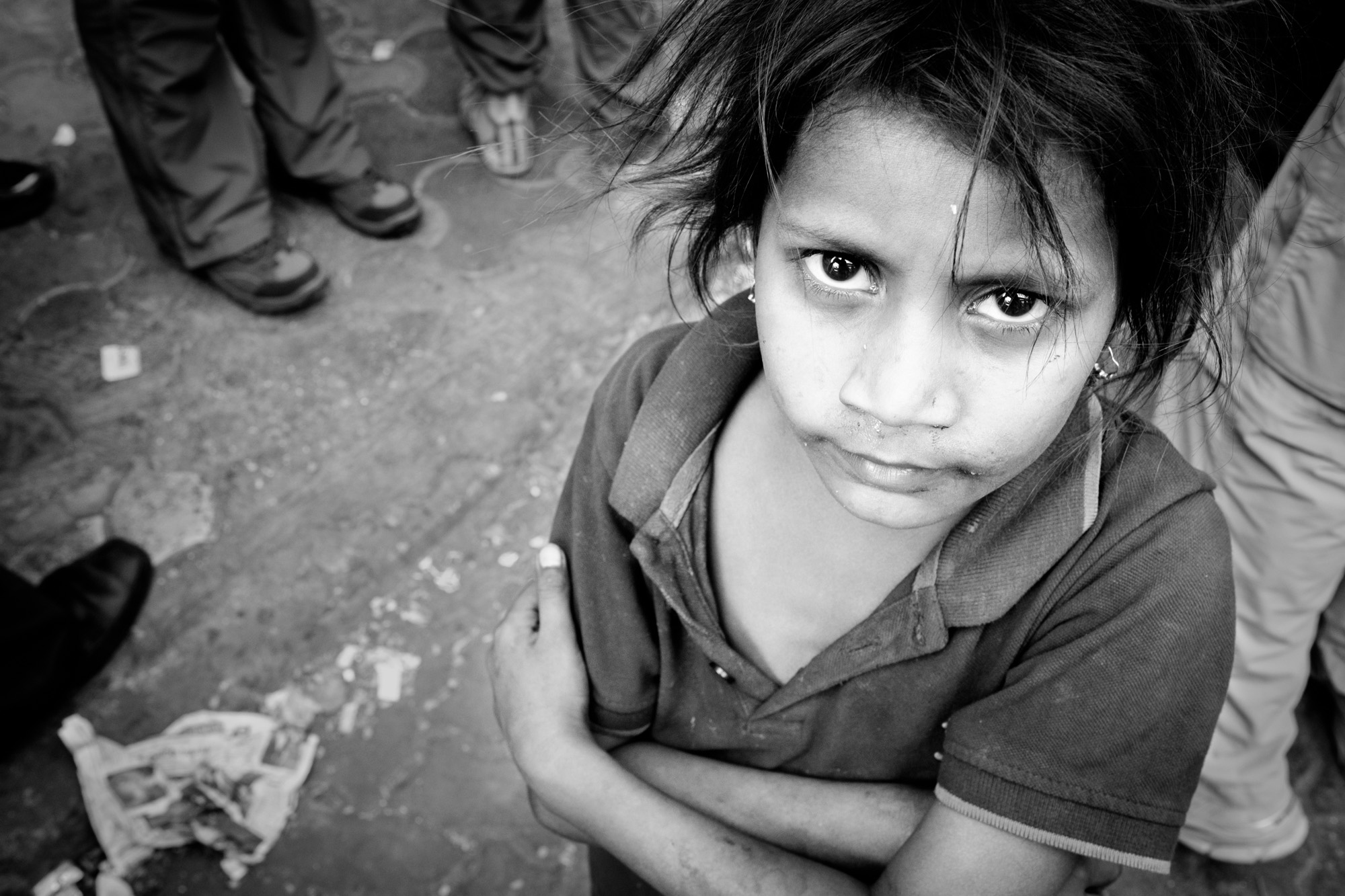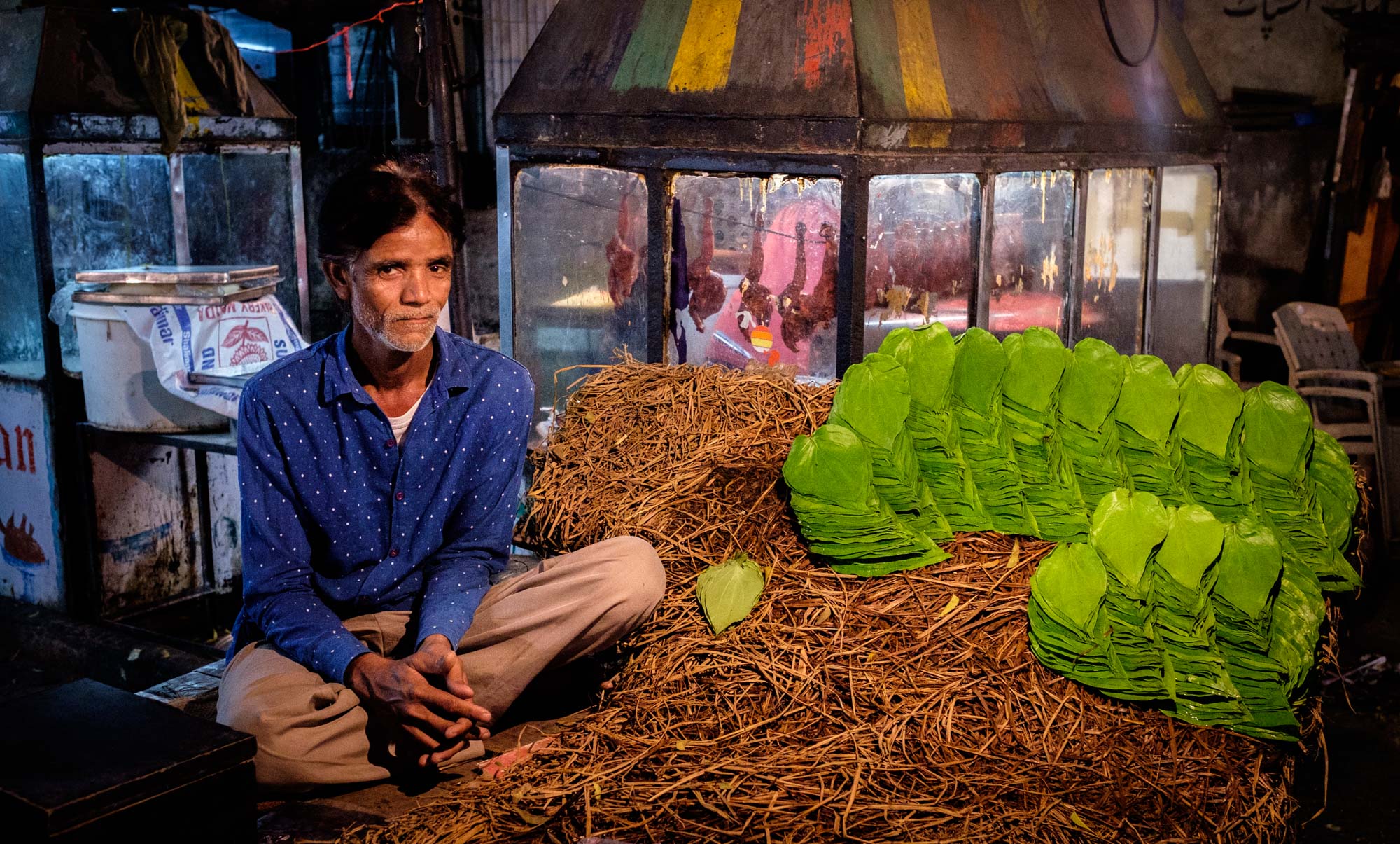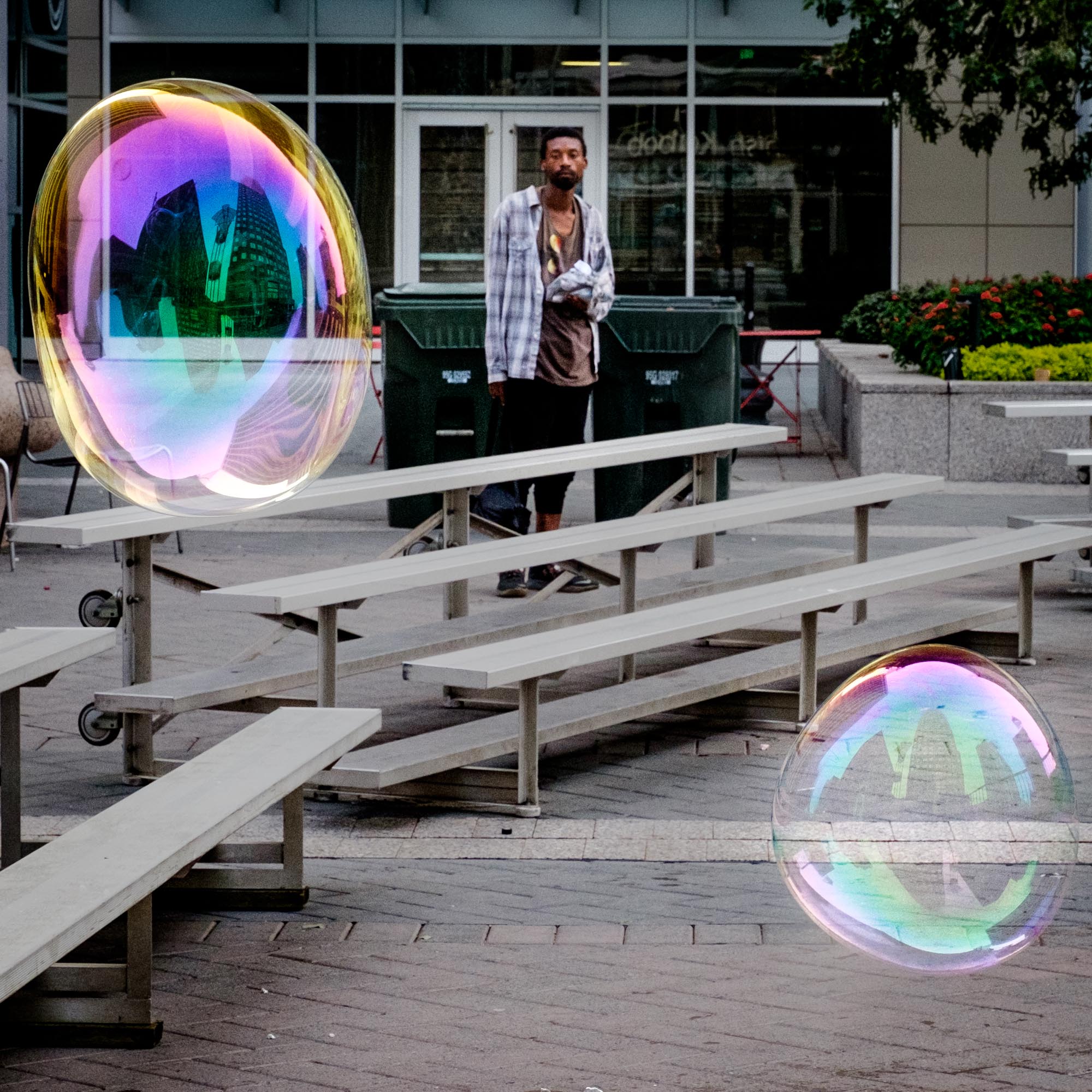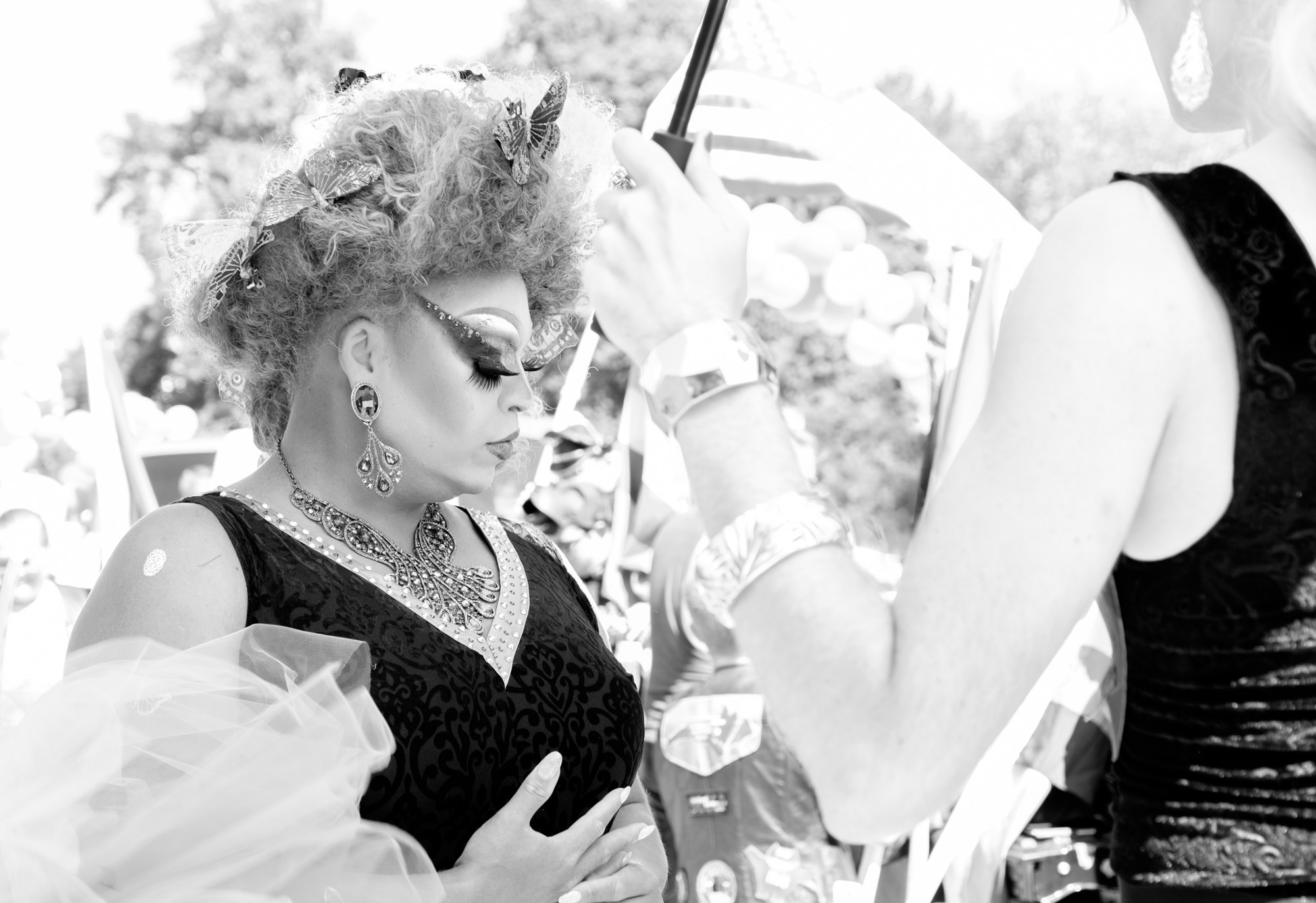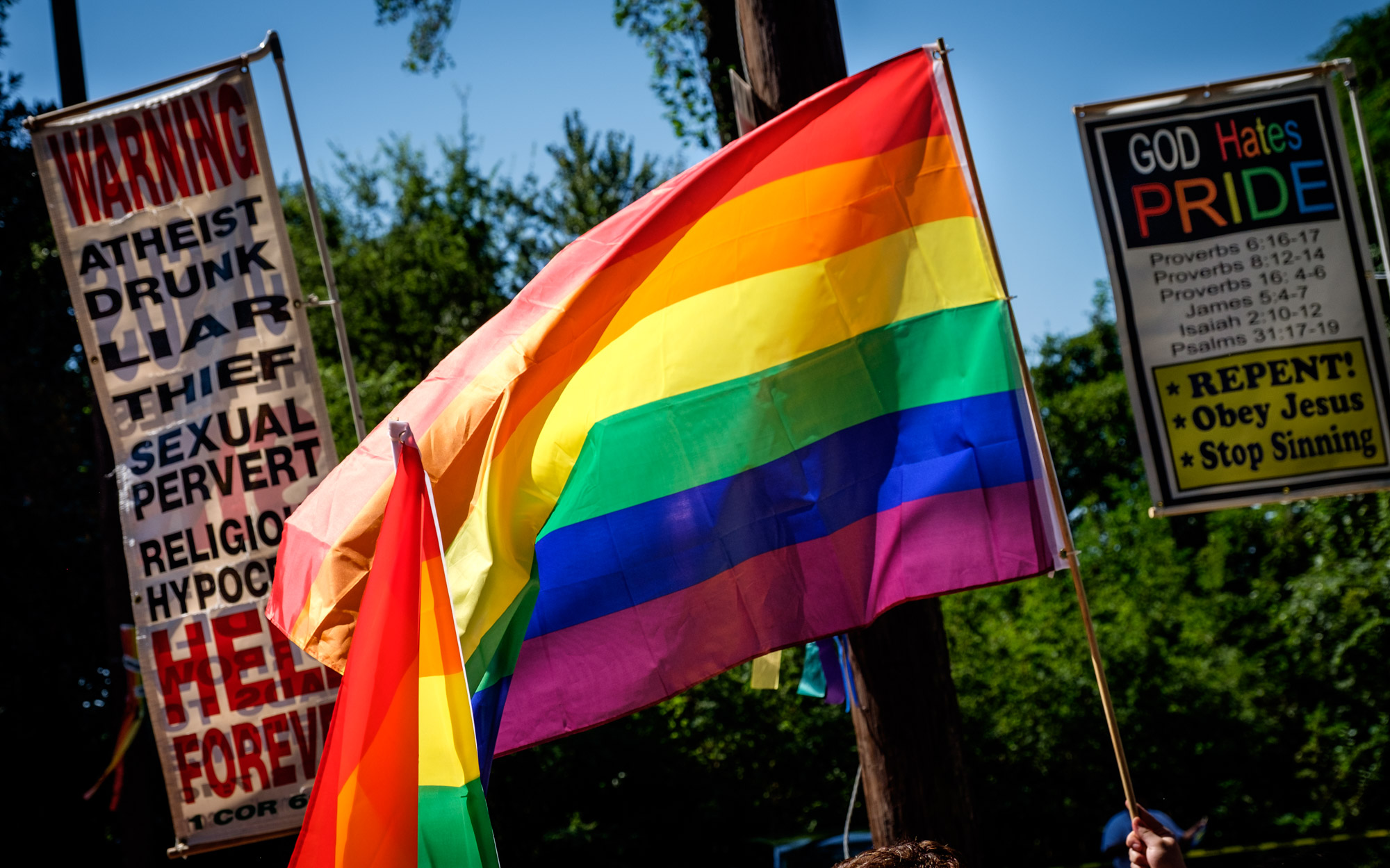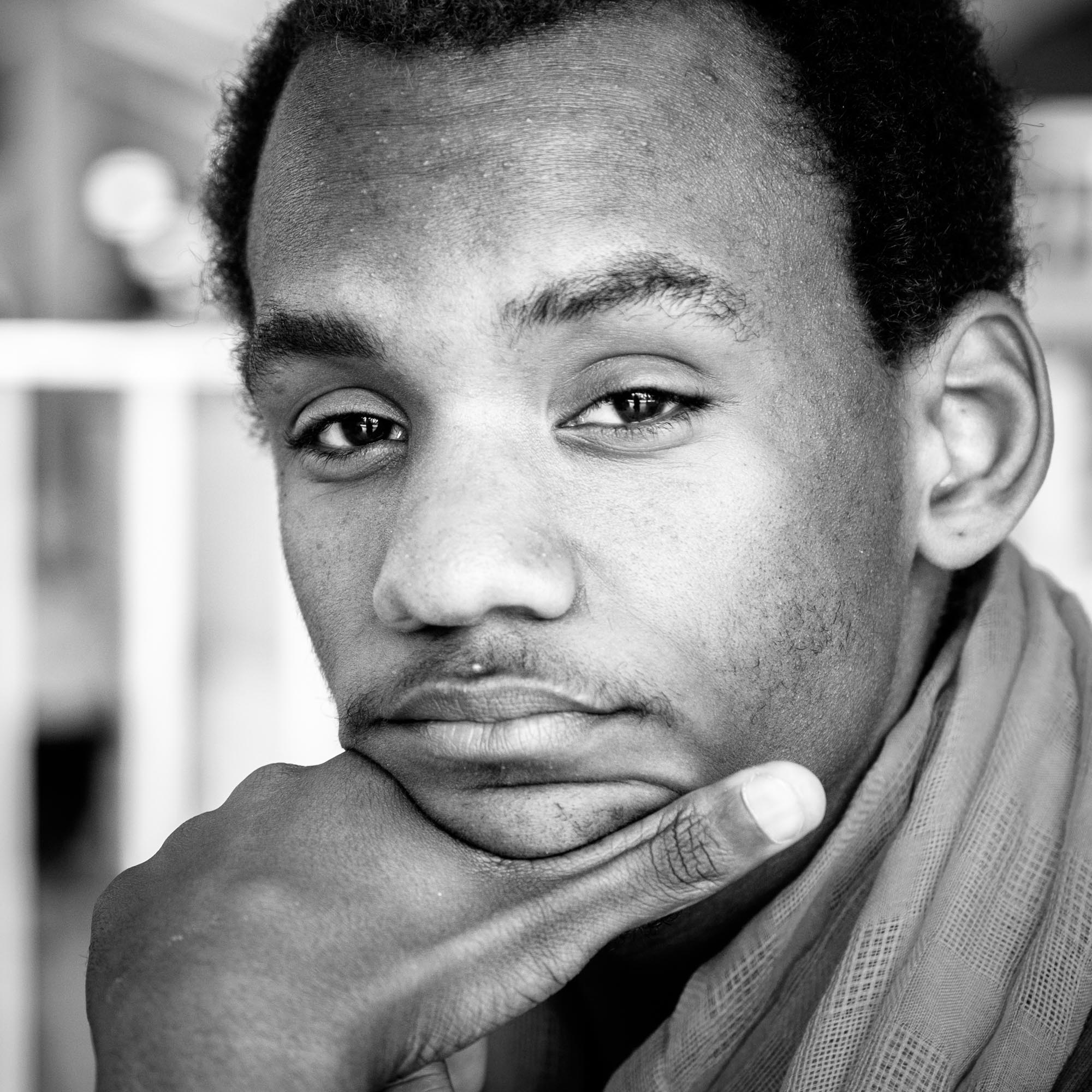It is a compelling challenge to look back at everything you’ve photographed for one trip around the sun and, like an anthropologist (my dream career, by the way), try to see the patterns, connect the dots and learn something from it. I have 14,272 photographs from 2016. And since I delete even more prolifically than I shoot, I probably took at least twice that many, maybe three times. That’s a lot of time behind the camera. That’s a lot of time pointing this device in a direction of my choosing. It’s a lot of choosing, period. What moment, which person, how close, from what angle, which detail in focus? In other words, what story is in front of me and how am I going to tell it?
When you look at it from that angle, it underscores how deeply personal photography is. Everything about who I am as a person coalesces in my choices about when and where to point the camera. I’m struck every time I photograph an event just how biased I am. I can only see what I see. Surely there was more there. A completely different story perhaps. But I didn’t see it. Maybe someone else did. Maybe I will next time.
So out of more than 14k attempts at seeing, here are 35 that feel like I succeeded. I don’t mean succeeded by producing an amazing photograph. Or even a technically proficient one. These are definitely not the prettiest photos I've taken this year. I just mean that these feel like I saw what I was meant to see. I saw the person. I saw the moment, the contradiction, the feeling that was waiting to be seen. And what else can you really ask for as a photographer but to learn to recognize what only you can.




